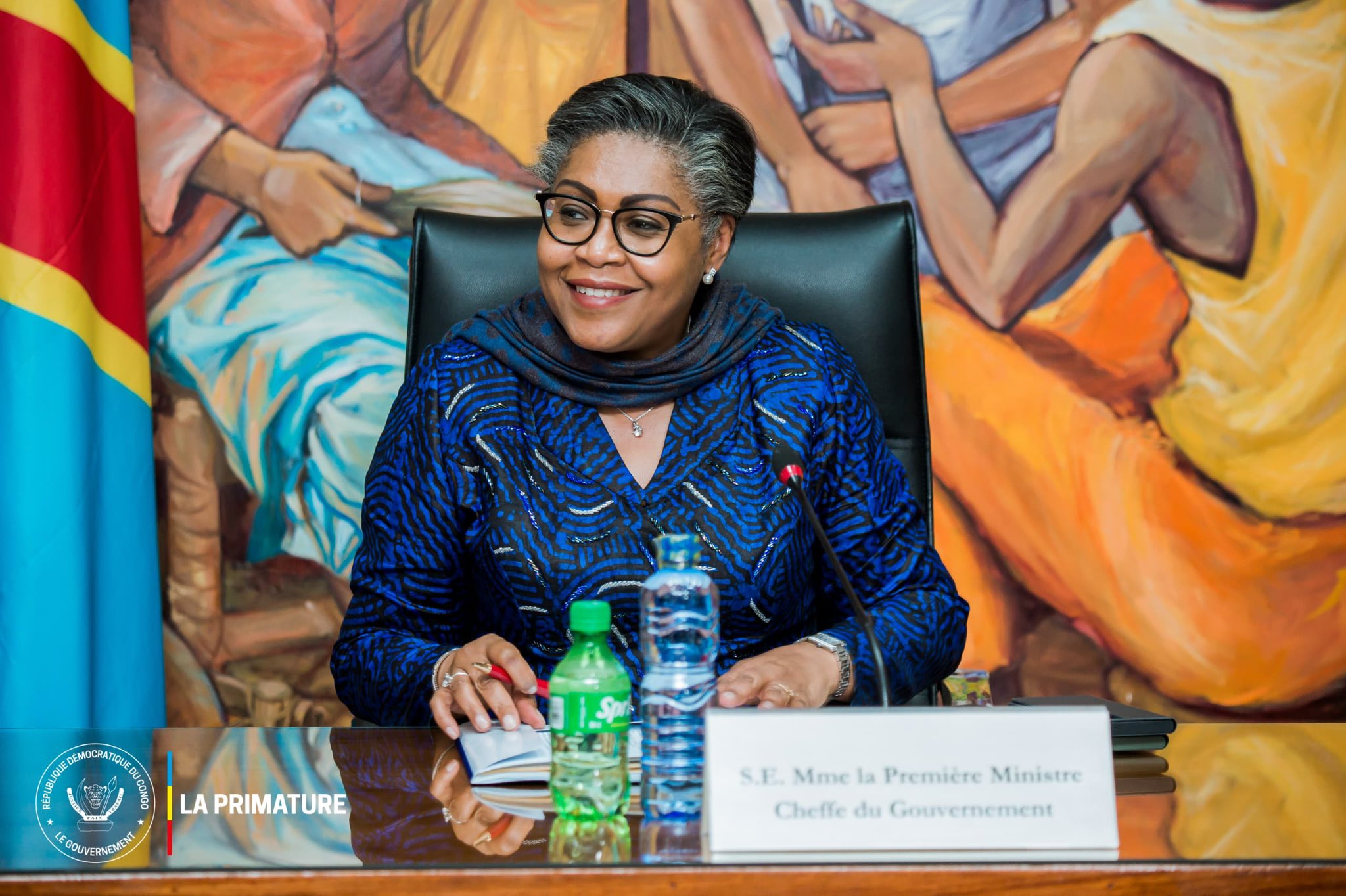** Judith Sumwina Tuluka: a year at the Prime Minister’s Office, a socioeconomic and security assessment at the heart of the debates **
On April 1, 2024, the Democratic Republic of Congo (DRC) marked a historic stage with the appointment of Ms. Judith Sumwina Tuluka as Prime Minister. This appointment has not only crossed a symbolic course by placing the first woman at the head of the government since independence in 1960, but also aroused considerable expectations at the socio-economic and security level. A year later, it is essential to look into your record through the prism of the exercise of your power, comments from observers and key indicators.
### Management against colossal challenges
From his first days in office, Judith Sumwina recognized the seriousness of the challenges to be met. His statement, “I know that the task is great, the challenges are immense, but together we will get there,” had captured the atmosphere of a country plagued by recurring crises. The challenges include, without limiting themselves, political instability, endemic corruption, and armed violence in the east of the country, as well as an economy often qualified as precarious.
### Economy: Between expectations and realpolitik
The Congolese economy, although they are working in a cycle of dependence on raw materials, has experienced oscillations marked in reverse because of the global crisis. Recent analyzes suggest that despite a 4% growth forecast of the World Bank for 2025, the DRC is still faced with major management problems. Agencies like the International Monetary Fund point to inflation of almost 10%, particularly affecting vulnerable populations.
Judith Sumwina has initiated several reforms, notably on taxation and investment in the agricultural sector. However, the results are mixed. The implementation of economic policies, often hampered by bureaucracy, raises questions. In comparison with neighboring countries, the DRC has disappointing data in terms of easier to do business. For example, the World Bank’s Doing Business 2023 report classifies the DRC in 181st in 190 countries, highlighting the crucial and efficient sanitation of the business climate.
### Security above all: a complex landscape
On the security level, it is undeniable that the frame was hardened. The country continues to deal with armed insurrections, particularly in the provinces of Kivu. Judith Sumwina launched a series of operations to restore order, while placing community dialogue at the heart of her strategy. However, the effectiveness of these measures arouses questions, especially in the face of the extent of the violence reported by various NGO reports. Discussions with international soldiers, as is the support of the United Nations, have certainly made aid, but the perception of insecurity remains omnipresent.
On this question, the guests of the Fatshimetric program tackle contrasting points of view. Prince Epenge stresses that government’s efforts on disarmament could benefit from better collaboration with local affected communities. Jean Michel Kalonji, on the other hand, insists on the importance of inclusive governance for real sustainable progress. For Gaucher Kizito, the teacher in political science, it is essential to revisit local policies and to strengthen social fabric in order to reduce tensions.
### Conclusion: A winding road in front of us
After a year of management, the socioeconomic and security assessment of Judith Sumwina Tuluka remains double -edged. The efforts made to initiate economic and security reforms illustrate a desire for change, but the visible results are slow to manifest. It is essential that the government pursues tirelessly in its efforts of transparency and community engagement to gain the support of the people.
As we advance, it becomes imperative to wonder if the transition to female leadership in the country will be symbolic or will represent a real turning point. The path is still long, but the DRC has the opportunity to write a new page in its history, a page that could well be marked by success if the challenges are approached with intelligence, creativity and, above all, with a common will.

